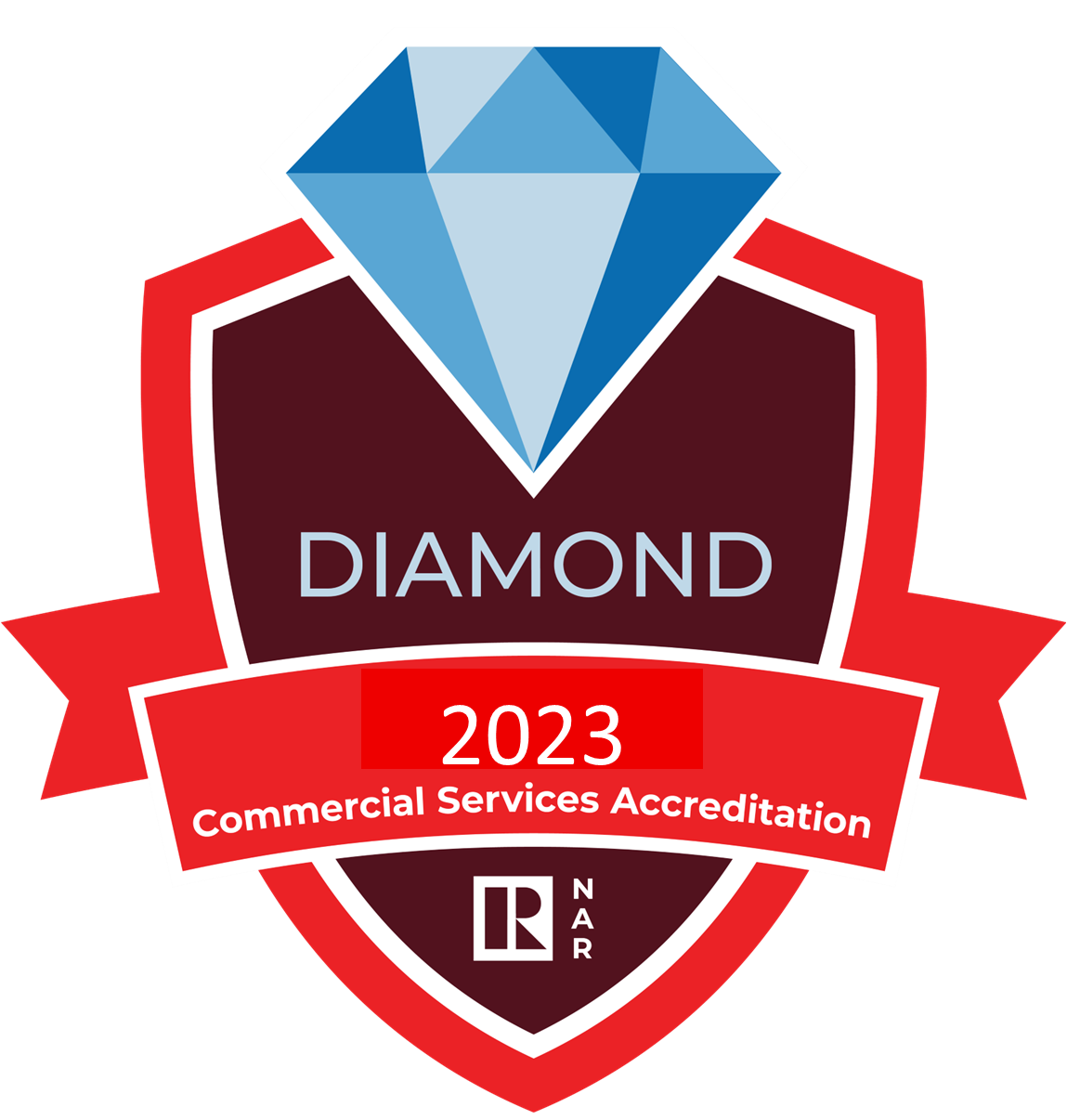Risk Management
An ASTM E1527-13 Phase I Environmental Site Assessment (Phase I) enables buyers to qualify for the innocent landowner’s defense to the Comprehensive Environmental Response, Compensation and Liability Act (CERCLA) for a property purchase. Commonly known in Michigan as “Polluter Pays,” buyers will own any historical impacts on a property once they close, unless they complete a thorough environmental due diligence starting with a Phase I.
A Phase I includes a review of aerial maps, chain of title, Sanborn maps, underground storage tank databases and a walk-thru of the property, but what buyers are actually purchasing is the expertise of the Environmental Professional conducting the work and their ability to find Recognized Environmental Conditions (RECs)* associated with the property. The most valuable information comes from former employees, sellers and municipalities and the best Environmental Professionals are relentless in order to mitigate their client’s risk and expense. In other words they basically become “detectives.”
Accelerates Real Estate Transactions
Buyers need to identify deal killers early on before significant capital is at risk. For the expense of a Phase I (a few thousand dollars), buyers can screen the property for valuable site information, position for future negotiations with the seller (e.g. have the seller discount the asking price should RECs be discovered), manage any impacts that are identified to optimize the site and potentially qualify for incentives.
A Phase I provides cheap insurance if you will.
Conversely, ASTI is seeing more and more sellers doing Phase Is to differentiate their properties and to accelerate the real estate transaction process. As with demolition of blighted and obsolete structures and infrastructure improvements, some sellers are procuring Phase Is to proactively streamline the property acquisition process by day lighting impacts and managing potential objections that might be raised by prospective buyers.
An interesting aside; a strategy to accelerate the real estate transaction process was adopted by the Michigan Suburbs Alliance in 2003. Their Redevelopment Ready Communities program gave municipalities the tools necessary to accelerate the zoning and approval process to position properties as “open for business.”
Mitigate Expense
All too often a buyer will want to skip the Phase I and proceed directly into a soil and/or groundwater investigation known as a Phase II. We cringe when we hear, “I know it’s contaminated so just take some borings.” This can be a costly strategy particularly if there is no available history for the property which forces the environmental consultant to conduct an estimated sampling program which may not be warranted and can drive fees up unnecessarily.
Summary
It is highly recommended that a Phase I be completed as a key part of due diligence for CERCLA liability protection and to ensure your property is “a silk purse and not a pig in a poke.”
*So What is a REC ??
The presence, or likely presence of hazardous substances or petroleum products on a property under conditions that indicate an existing release, a past release or the material threat of a release into structures on a property or into the ground, groundwater or surface water of the property is known as a Recognized Environmental Condition. RECs are not intended to include de minims conditions that generally do not present a material threat of harm to public health or the environment and that generally would not be subject to an enforcement action if brought to the attention of regulators.
In laymen’s terms, RECs can be vent pipes indicating the potential presence of a storage tank, gas stations, stressed vegetation, a lumber yard with treated wood, a random soil pile of unknown origin, printing companies, auto body and repair facilities, pits, ponds and lagoons, stained soil or pavement, dry cleaners, open drums or storage containers, transformers, capacitors and waste storage areas.
The final determination of what is or is not a REC rests with your Environmental Professional and some are more conservative than others.
For more information please contact:
Mr. Joe Beutler
ASTI Environmental
660 Cascade West Parkway SE
Suite 210
Grand Rapids, MI 49546
616/540-7464
jbeutler@asti-env.com
